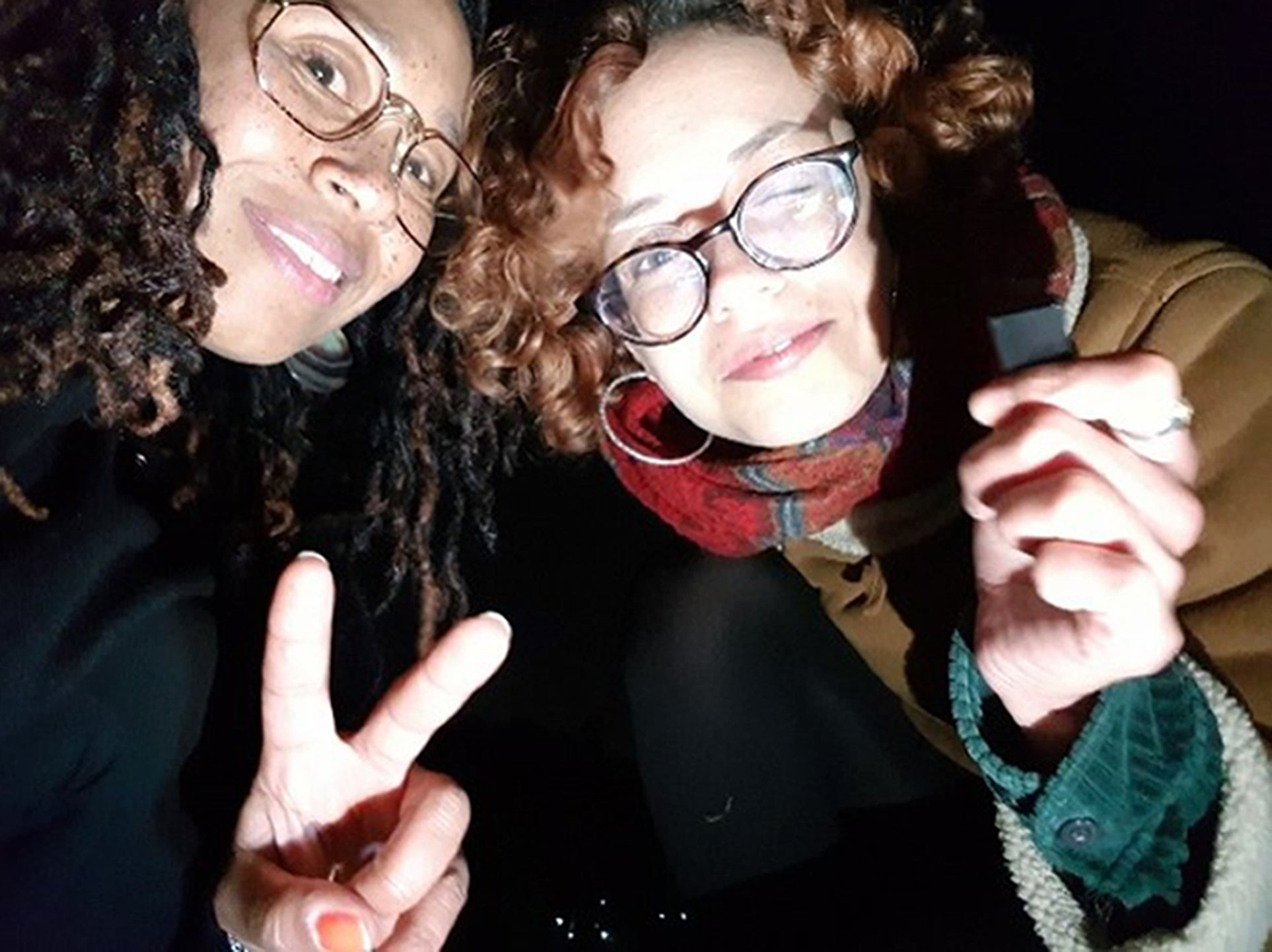Prison will radicalise Wembley murderer into ‘killing machine,’ victims’ mother warns
The two sisters were killed by a teenager who had a ‘blood pact’ with a ‘demon’
Your support helps us to tell the story
From reproductive rights to climate change to Big Tech, The Independent is on the ground when the story is developing. Whether it's investigating the financials of Elon Musk's pro-Trump PAC or producing our latest documentary, 'The A Word', which shines a light on the American women fighting for reproductive rights, we know how important it is to parse out the facts from the messaging.
At such a critical moment in US history, we need reporters on the ground. Your donation allows us to keep sending journalists to speak to both sides of the story.
The Independent is trusted by Americans across the entire political spectrum. And unlike many other quality news outlets, we choose not to lock Americans out of our reporting and analysis with paywalls. We believe quality journalism should be available to everyone, paid for by those who can afford it.
Your support makes all the difference.The mother of two women murdered in a random stabbing has voiced her fear that the teenager who attacked the sisters will become “even more radicalised” in prison.
Danyal Hussein, 19, was found guilty on Tuesday of two counts of murder and possession of a knife with intent.
Mina Smallman’s daughters Nicole Smallman, 27, and Bibaa Henry, 46, were repeatedly stabbed at Fryent Country Park in Wembley, northwest London, on 6 June last year.
The crime has not been treated as a terror attack, although Hussein had been through the government’s Prevent “deradicalisation” programme after being referred to it by his school.
Ms Smallman warned that Hussein, who she said she has already forgiven for the murders of her daughters, risks becoming a “killing machine” while locked up.
Hussein was identified through DNA after sustaining cuts as Nicole fought back in self-defence. He had stabbed her eight times and Bibaa 28 times before hiding their bodies in bushes, where they remained for 36 hours.
Ms Smallman, the first black woman to become an archdeacon in the Church of England, said that there were “gaps in the system” as highlighted by Hussein being released from the Prevent scheme after a year.
She told BBC Radio 4’s Today programme: “The saddest thing, if this young man does have this tendency when he goes into prison, he is going to be even more radicalised. He is a killer now; he'll be a killing machine by the time he comes out.”

The perpetrator claimed to have drawn up a “blood contract” with a demon to sacrifice women in return for winning the lottery. It was revealed in court that he had been reading far-right and occult material on the dark web.
The trial was shown the handwritten “contract” with “the almighty King Lucifuge Rofocale” in which Hussein pledged he would kill six women every six months in exchange for winning the Mega Millions Super Jackpot Lottery.
This evidence was a strong indicator that he would have gone on to kill more women if he had not been caught.
Police were not able to find out more about Hussein’s beliefs and influences because he had refused to hand over his iPad passwords.
Ms Smallman argued that it is “really important” that the authorities are able to access phones and devices of radicalised individuals.
“We can’t protect those who are a danger because we fear that all of our rights will be taken away,” she said.

Ms Smallman described the trauma of hearing the evidence against Hussein, and said the killer had taunted her in court by looking at her straight in the eyes and doing a “sinister little smile”.
She added: “So I smiled back, and I winked at him and he went doolally – because I gave him that, and I wouldn’t give him the privilege of letting him feel that he had destroyed me.”
Hussein had also tried to get her attention again by clicking his fingers, which she said she refused to respond to.
“I refuse to give him that power. He is a nonentity to me,” she also said.
Ms Smallman will return to court next week for the trial of two police officers who have been charged with misconduct in public office over photographs taken at the scene where her daughters’ bodies laid.
She told the BBC she would consider taking legal action against the Metropolitan Police if she was not satisfied with outcome of an ongoing Independent Office for Police Conduct (IOPC) report.
Hussein, from Blackheath in southeast London, is scheduled to be sentenced on 22 September. Old Bailey judge Mrs Justice Whipple ordered psychiatric reports to be carried out, and told Hussein that he faced a long prison sentence.

Join our commenting forum
Join thought-provoking conversations, follow other Independent readers and see their replies
Comments